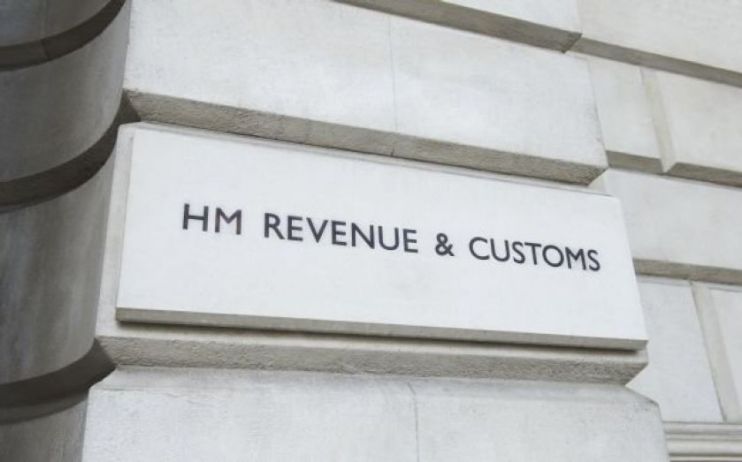Self assessment: Over 2 million people still need to file their tax return with the deadline falling at midnight today

Taxpayers have until the end of Tuesday (31 January) to submit their self-assessment returns.
The deadline for submitting online tax returns and paying any tax owed is midnight.
The most recent figures from HM Revenue and Customs (HMRC) show that fewer than 2.7 million customers still needed to file their self-assessment returns, as of January 26.
At the same point a year earlier, just under 3.4 million people still needed to file their tax returns.
Just over 12 million taxpayers are expected to file returns.
The deadline for paper returns passed on October 31.
People failing to submit their tax return or pay any tax owed after January 31 may face a penalty.
The penalties for late tax returns include an initial £100 fixed penalty, which applies even if there is no tax to pay, or if the tax due is paid on time.
HMRC has said it will treat those with genuine excuses leniently.
People who are unable to pay what they owe in full may be able to set up a payment plan, allowing them to spread the cost into monthly instalments.
It recently emerged that, earlier on in January, people calling HMRC’s self-assessment helpline faced a 27-minute waiting time on average.
HMRC has estimated that 65% of calls to the self-assessment helpline during the two weeks ending January 8 related to matters that customers could have resolved online.
A letter from HMRC chief executive Jim Harra, written in response to correspondence from the Treasury Committee, said the quickest and easiest way for customers to manage their tax affairs and get answers to their queries is online, through either the HMRC mobile app or the web-based personal tax account.
In addition to filing their return and making payments online, customers can also use HMRC’s digital assistant, published guidance, YouTube videos and live webinars, the letter said.
Trusha Shah, Tax Manager at accountancy firm HW Fisher, said leaving a tax return until the last minute meant simple mistakes in the rush to complete on time.”
Do you need to file a tax return?
You must submit a tax return if you have self-employed earnings or have received untaxed income over £1,000.
This means it not just the self-employed who have to complete their self-assessment tax returns. You will also have to file if you have any untaxed income from:
- Money from renting out a property, including through Airbnb
- Savings, investments and dividends
- Foreign income
Make sure to avoid these common mistakes
- Allow plenty of time. Gathering paperwork takes longer than you think! This includes your P60 which will confirm the total tax you have paid on your income. You will also need a record of benefits and expenses which can be found on your P11D or P9D forms. If you have left a job in the last tax year, you will also need a P45 from your previous employer.
- You can claim tax relief on pension contributions. Make sure you keep details of any pension contributions made to allow you to claim the right tax relief for them.
- Make sure you include charity gift aid payments. You will also need details of all your gift aid payments – e.g., have you sponsored a friend to run for charity? This can be included as HMRC provides some tax relief on charitable giving.
- Don’t forget to make a copy of your completed tax return and keep a copy on file. If you are employed or a pensioner, please keep all paperwork for 22 months from the end of the tax year to which it relates to. If you are self-employed or letting a property, you should keep all paperwork for 5 years and 10 months.
- Remember your personal savings allowance. Don’t forget that this can be applied to interest earned on your savings. You could receive up to £5,000 in interest on savings tax-free.
Shah added: “It’s important to make sure that you complete your tax return on time. If not, you’ll face a £100 fine – and this will increase if your return is more than three months late. Particularly if you’re making a payment from overseas, allow extra time as there are sometimes delays with processing. For more information on how to pay, or to set up a payment plan, visit HMRC’s website which has lots of helpful resources.”
Vicky Shaw, Press Association